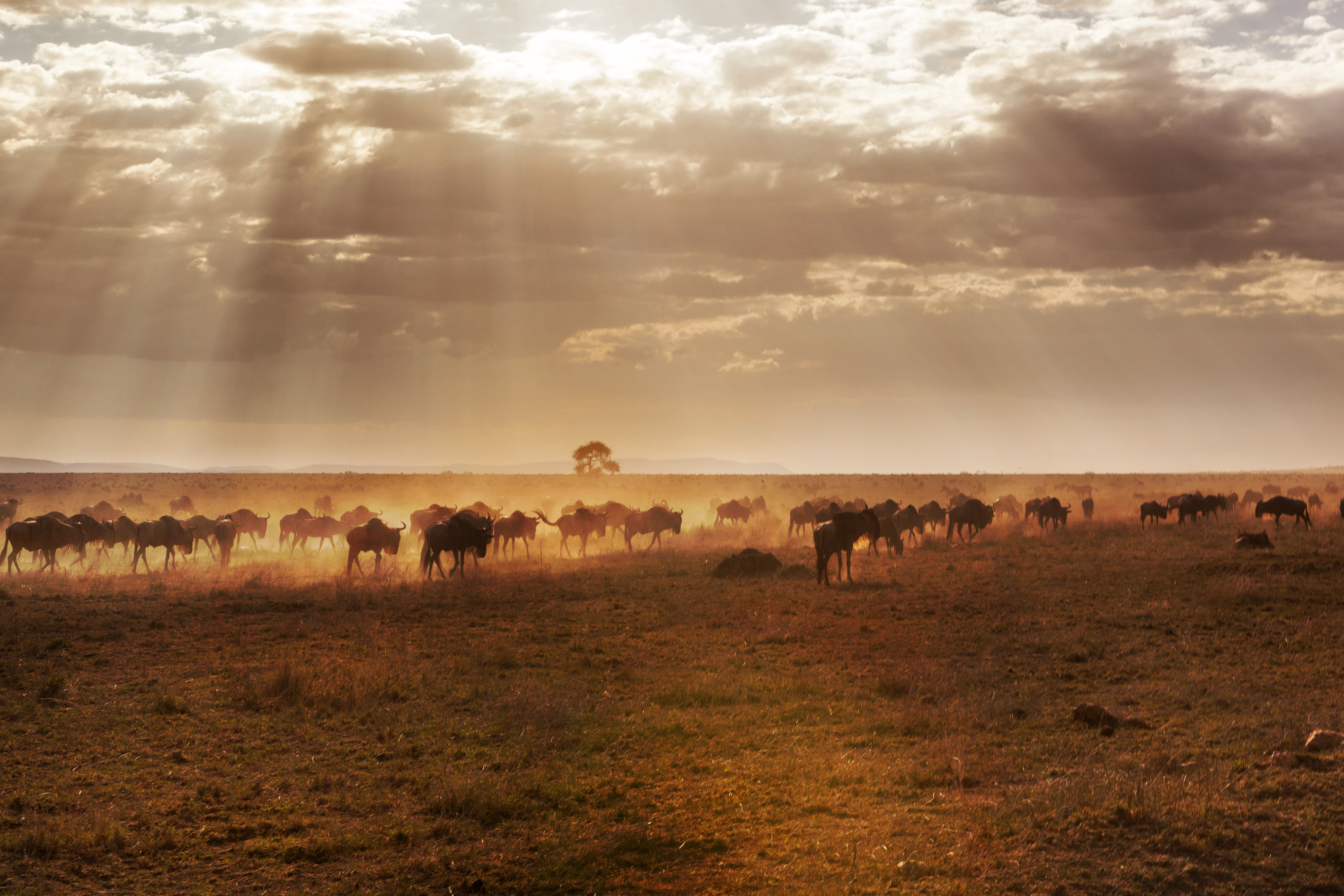Leopards in South Africa’s unprotected landscapes face growing threats from habitat loss, human encroachment and illegal hunting, leading to population declines marked by high mortality and low reproduction. Current conservation efforts, focused largely on protected areas, may not be enough to secure the species’ future.
This research highlights the urgent need for a landscape-level strategy that includes stronger law enforcement, private land stewardship and community-based conservation. By integrating unprotected areas into broader management plans, creating wildlife corridors and incentivizing landowners through regulated, sustainable use—such as legal hunting programs—leopard conservation can become economically viable and socially supported. Continued research, public education and local engagement are essential to promote coexistence and long-term survival. When communities have a stake in conservation, they are more likely to protect these apex predators as valuable natural and economic assets.

